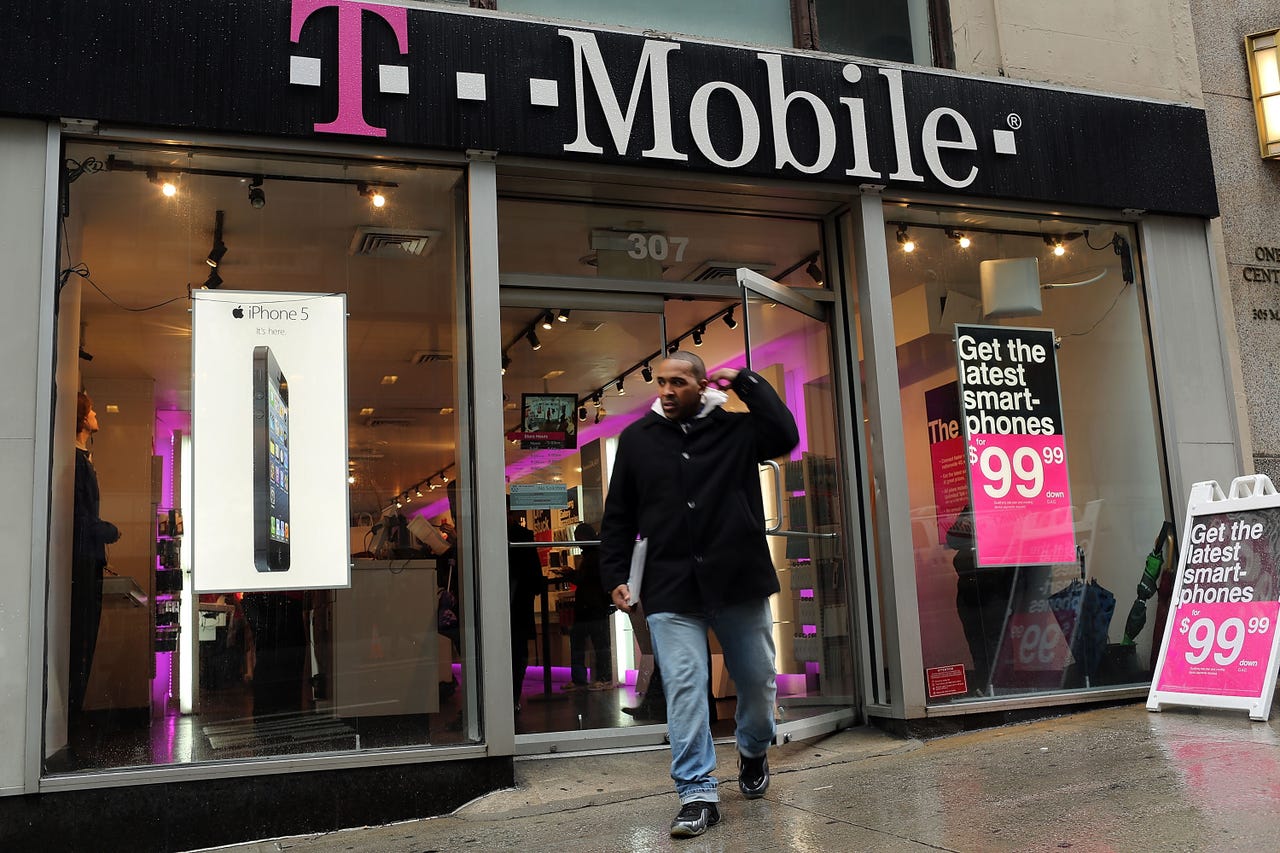T-Mobile reveals small rise in government demands for customer data


(Image: file photo)
T-Mobile saw a slight uptick in the number of government demands for customer data during 2015, the company's latest transparency report shows.
The third largest cell network in the US quietly released its transparency report late Monday, its second in as many years. The numbers also include MetroPCS, which T-Mobile acquired in 2013.
For the full calendar year, T-Mobile said it responded to 372,461 requests for customer or network information, a 6 percent increase on the year prior.
Breaking that down, the company responded to 175,823 subpoenas, 47,998 court orders, and 17,424 warrants. The company also received 4,454 wiretap demands for real-time calling and texting content.
By comparison to other networks, Verizon received 289,378 overall requests and AT&T received 287,980 demands for the same period.
But T-Mobile said that it rejected about 70,000 requests for various reasons -- such as if the requests were invalid or for other carriers.
The number of secret requests, such as national security letters (NSLs) and orders issued by the Foreign Intelligence Surveillance Court, which authorizes the US government's surveillance operations, declined.
Choosing to break down the report further, the phone giant said it received between zero and 499 secret requests for both the first and second half of the year.
That's down from between 2,000 and 2,250 for both 2013 and 2014.
Tech and phone remain subject to heavy reporting restrictions -- such as reporting the number of secret demands in numerical ranges. These subpoena-like demands aren't authorized by a judge, but compels a company to turn over data on national security grounds. Those who receive a national security letter are typically gagged from telling the person whose data is in question.